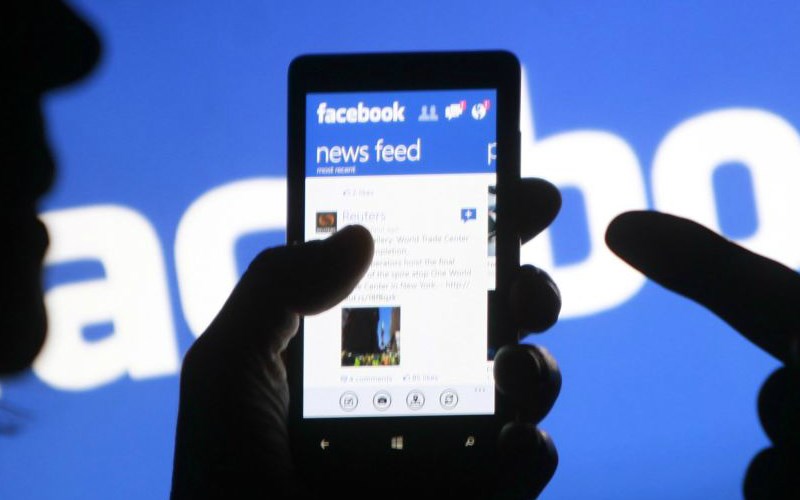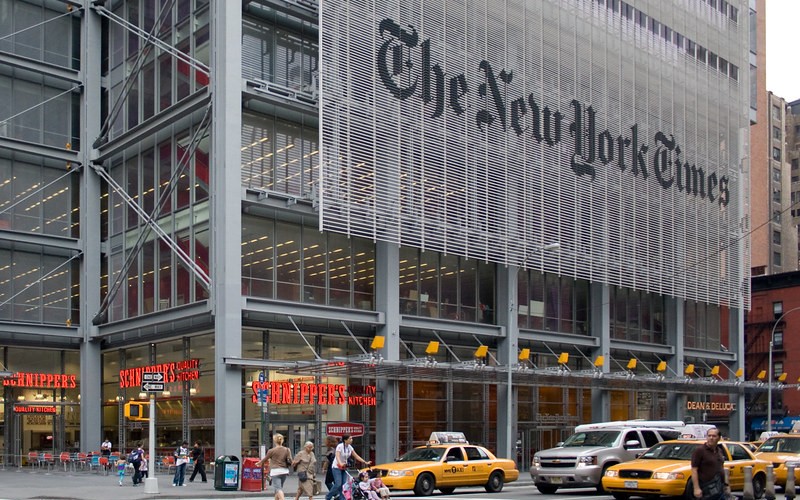April, May, and June saw social media giants declaring themselves arbiters of truth on the 2020 elections and the coronavirus, despite consistently proving to be wrong on both topics. Dan Gainor of the Media Research Center's TechWatch says that brought Big Social's grades down even lower than first quarter's.
"It's amazing -- You can actually get a worse grade than an F," he begins. "They got an F the first quarter when we started giving these grades, and they actually went down. They still got an F, but it was a lower score."
TechWatch tracked the companies at CensorTrack.org.
"Facebook led the charge, dropping from a D to an F because of how poorly they handled the president's appeal through the oversight board," Gainor details.
The board was considering President Trump's appeal to have his accounts unfrozen, and he was not the only one who got discarded.
"They treat their customers poorly," the watchdog adds about Facebook. "We're all their customers. But in reality, you and I are the product, and they treat their product shabbily, too. We're the data they sell to everybody else."
But because so much of life is done online, he understands why Christians and conservatives do not write Big Social off completely.
"Every aspect of our lives is now done online. We can't just ignore that," Gainor recognizes. "If conservatives and Christians and all are not active online, we stop being first-class citizens in America."
But even though Facebook continues to ignore freedom and silence truth, it wants to partner with churches and entire denominations to, in the words of The New York Times, shape the future of religious experience itself.
The social networking website has already reached out to several megachurches and Christian denominations to offer specialized apps and services, like paywalls for sermons and tools to collect online tithes and offerings. It even pitched monetizing a church's video stream with ads.
Alex McFarland, an apologist and co-host of "Exploring the Word" on American Family Radio, says the social media giant saw an opening when thousands of churches turned to Facebook Live to stream their services during the pandemic.
"I would suspect that Facebook is interested in the 100 million-plus American evangelicals, because they will create web traffic around which they can sell ad packages," McFarland submits.
But he is less than trusting of churches who would partner with a platform that has shown open disdain for evangelical values.
"They need to make sure that they're not entering a deal with the Devil," the apologist warns.
Dan Gainor wonders what Facebook will do when a pastor wants to preach from Romans 1 or any other passage that strongly condemns sexual sin, including homosexuality.
"Your church could be reliant on reaching out to its audience through Facebook, and they could tell you, 'Well, sorry. You can't say that this sin is wrong. We're going to kick you off for that,'" Gainor predicts.
He calls it unwise for a church to yoke itself to Facebook.
"If you do that, you're building your house on a foundation of sand," he quotes from "a famous book that can get you in trouble online if you start quoting it."







